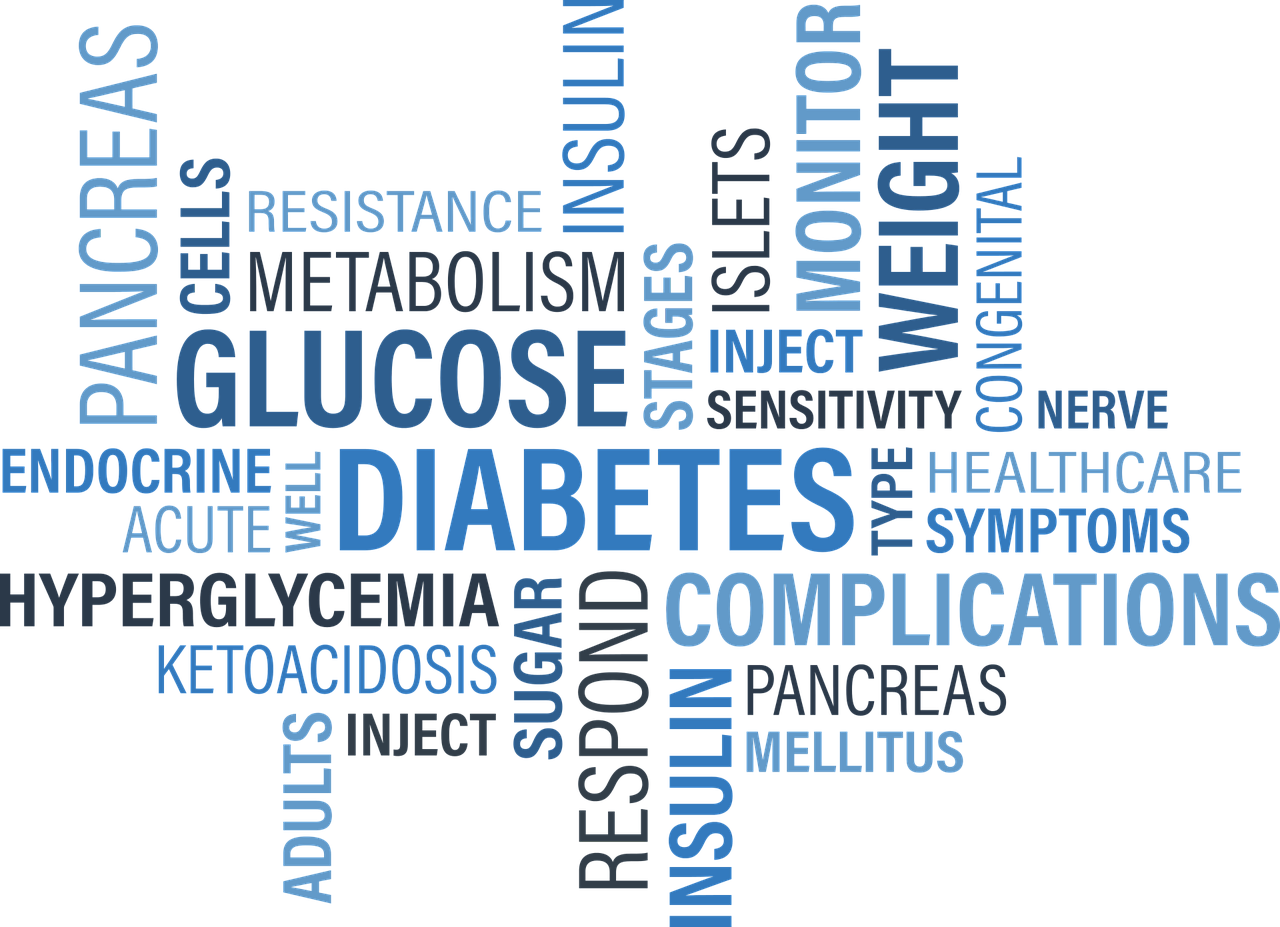The Genetics of Weight Loss and How to Make Them Work for You
How long have you struggled with weight loss? For some simply counting and restricting calories will never work. Why is weight loss such a struggle for some and not for others? There are many ways to answer that question and one of increasing interest is to look at the genetic factors that influence weight.
When I see headlines about the obesity epidemic in the mainstream media, I have  mixed feelings. Yes, greater attention to the problem is needed, and I’m encouraged that some of the dietary advise that many naturopaths and ourselves have been saying for years is finally being heard. At the same time, I wonder how much impact this information is having. Is it actually helping people? If not why not? Are we missing something?
mixed feelings. Yes, greater attention to the problem is needed, and I’m encouraged that some of the dietary advise that many naturopaths and ourselves have been saying for years is finally being heard. At the same time, I wonder how much impact this information is having. Is it actually helping people? If not why not? Are we missing something?
Yes, we need to understand the nutritional problems we've created with processed food and industrialized nutrition. It's also important to understand the nuances in your unique individual body that makes achieving and maintaining a healthy weight so difficult. Without an understanding of the biochemicals involved in your appetite, energy breakdown, and weight loss, nutritional interventions will only get you so far. This is where genetics come in. By understand how your genetic compositions affect your biochemistry, we can help you focus your efforts and attention to manipulate the biochemistry in your favor.
So here's a brief look at some of these weight related biochemicals and the genes that control them.
Tailoring Your Nutrition To Genetics
The genes inside your body control and regulate almost everything that happens in your body. For instance, what you choose to do with your body—when and what you eat, how much you exercise, etc. Your genes even control your brain chemistry, which can control your mood, appetite, and thus affect your weight.
More directly to weight loss, many different genes are involved in the production of hormones that control appetite and satiety (feeling full). The LEP gene, for instance, is responsible for creating the hormone leptin, which is essential for the body's natural appetite and weight regulation processes. A leptin deficiency (or damaged leptin receptors), is linked with obesity and low satiety. With leptin deficiency or resistance you might never feel full even when your body has more than enough nutrition. If this sounds like you, consider eating more fat as this will help your body produce more CCK which also controls hunger.
Other genes, like KCTD15, influence the body's processes of burning energy and storing fat. This gene is one of at least nine genes thought to contribute to obesity even in childhood. Variants in other genes, like the FTO gene (fat mass and associated obesity gene), have shown a correlation with obesity and difficulty with weight loss. The mechanism by which this gene affect weight isn't fully understood yet. At present researchers believe that having the FTO gene creates a faulty energetic homeostasis in the hypothalamus. Over time this leads to increased caloric intake. This again may be linked back with leptin. There are almost certainly even more genes affecting weight loss that have yet to be verified through research.
The good news is that your genes don't actually control your weight, even if they can make it tougher to lose it. Researchers found that regular moderate exercise is enough to counteract the effects of a bad FTO gene. For instance, the right nutrition and exercise plan can help you overcome leptin difficulties. Once you understand the genetic hurdles you're facing, you can focus your conscious attention here and work with your body to achieve a healthy weight, be active, energetic, and enjoy your life.
Your genetics do have a large influence your biochemistry. Still we cannot get caught up the newness of genetics. We have to remember what controls the genetics? The environment that your genes find themselves in will control which genes that are activated or deactivated. We discussed some of the leading genetic theories related to weight gain in this article. To date there is nothing conclusive or deterministic about the genetics influencing weight gain. If you find you have one of these genetic alterations, think of it as an area of your health that needs a little more support. Knowledge is power and making use of this new information, you can truly take control of our health. Don't forget just how much influence your environment has on the outcome of your genes. The environment inside your body is the food you eat, the air you breath, the water you drink, etc. So choose wisely.
Why Wait? Start Your Focused Weight Loss Journey Today!
We work with patients suffering from lifelong weight loss problems every day, and love seeing the results an understanding of genetics, nutrition, and lifestyle can accomplish. If you are interested in something like this, I'd love to help you see the same—schedule an appointment today!



















